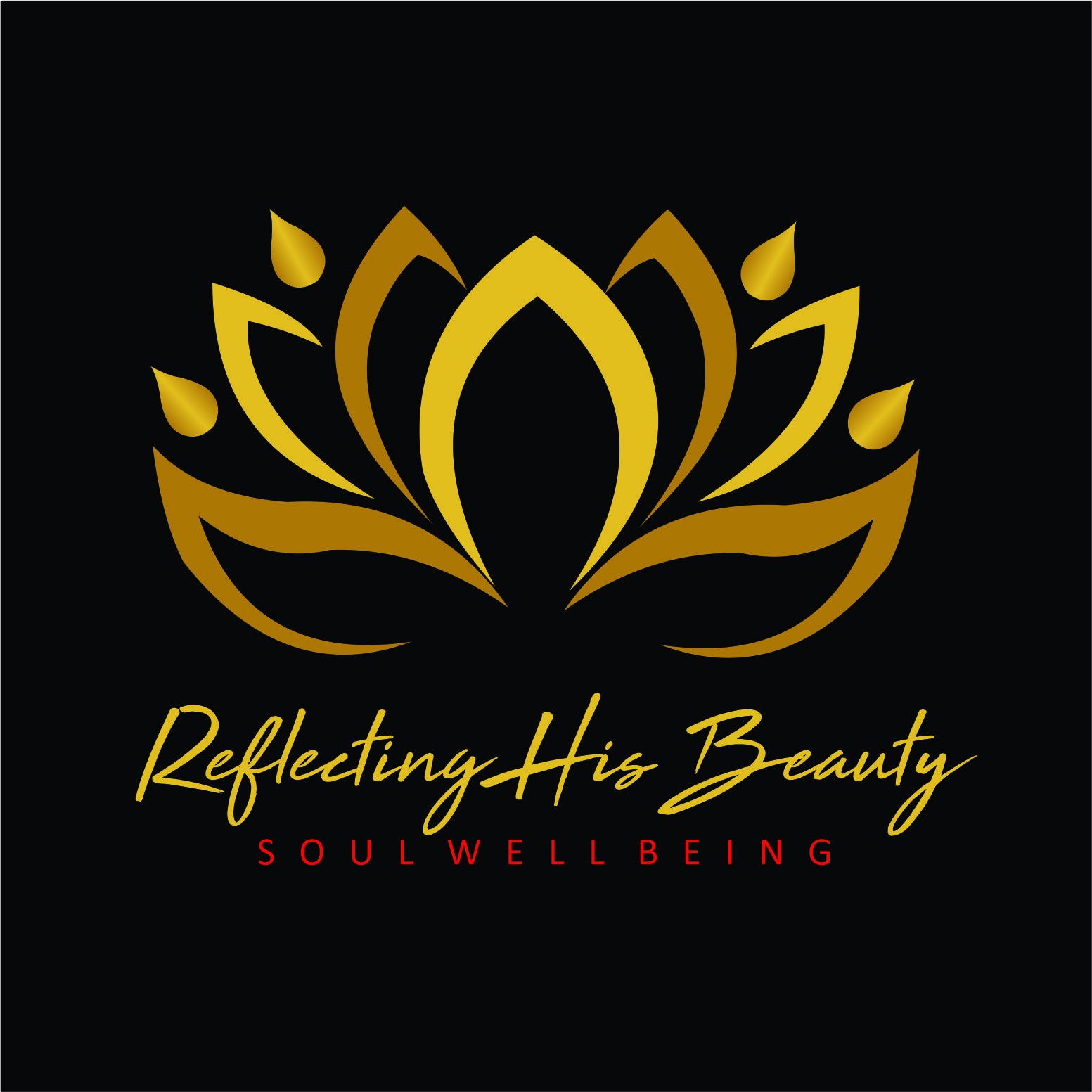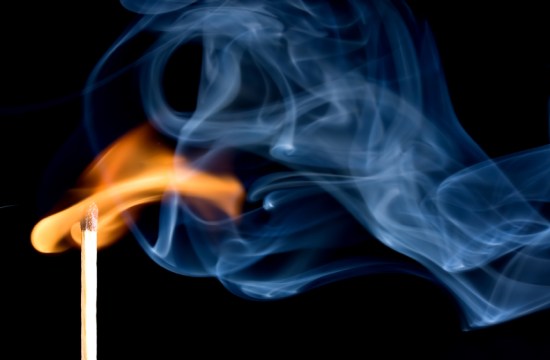Burnout.
Been there?
Seven years ago, I entered into the darkest period of my life.
People had always warned me I would burn out. I thought I could prove them wrong.
And usually I did. I would get tired – out of balance – but when I saw the edge, I could always pull myself back.
Until seven years ago.
I found the edge, and as I was falling, I knew this time I realized I couldn’t pull myself back.
Although I’m not a person who suffers from depression, I’m sure I would have gone to the doctor and received a diagnosis of clinical depression that summer seven years ago.
It wasn’t your stereotypical depression.
I could get out of bed every day, and I did.
I kept praying and reading my bible.
But my speed decreased to a snail’s pace.
And hope felt like it had died.
My motivation and passion dropped to zero. (Make that zero Kelvin).
I had never been there before.
I knew many in ministry had gone down this road before me, and what scared me is that some of them never made it back.
For them, ministry was done. And sometimes, tragically, they were done – hope never fully returned and they didn’t ever become the person they were before.
That was the last thing I wanted to happen to me.
Looking back, the diagnosis is still a little elusive and mysterious.
Who really knows what corrodes the soul to the point where it deflates?
But I’d say the most likely candidate for what derailed me is what I’d callemotional burnout.
In caring for others I had not adequately cared for my heart or soul, or let others who wanted to care for it do so.
I spiralled down for about 3 months before I hit bottom.
Then with the love and assistance of a great wife, board, leadership team, close friends, a counselor, and a very gracious God, I slowly began to recover.
It took, honestly, a few years to really feel full stride again, but I recovered to 80-90% of full strength in the first year. The last 10% took two or three more years.
The good new is, there is life after burnout (my next post will be on ways to recover from burnout).
I’m writing this because burnout seems to be an epidemic in ministry leadership.
In fact, there are more than a few of you who know you are right on the edge of the cliff you could so easily fall of of.
And probably a few of you who are in free fall right now.
Why is that?
More than most environments, ministry combines what you do (your work) with what you believe (your faith) and your community (your congregation/friends). Without skillful navigation, that can creates a roller coaster of emotions that push leaders toward burnout (I’ve written about the emotional roller coaster of ministry here).
So how do you know if you’re heading for burnout?
Here are 9 things I personally experienced as I burned out.
I hope they can help you see the edge before you careen past it:
1. Your motivation has faded. The passion that fueled you is gone, and your motivation has either vapourized or become self-centered.
2. Your main emotion is ‘numbness’ – you no longer feel the highs or the lows. This was actually one of the earliest signs for me that the edge was near. I wrote more about emotional numbness here.
3. People drain you. Of course there are draining people on the best of days. But not everybody, every time. Burnout often means few to no people energize you anymore.
4. Little things make you disproportionately angry. When you start losing your cool over small things, it’s a sign something deeper is very wrong.
5. You’re becoming cynical. Many leaders fight this one, but cynicism rarely finds a home in a healthy heart.
6. Your productivity is dropping. You might be working long hours, but you’re producing little of value. Or what used to take you 5 minutes just took you 45. That’s a warning bell.
7. You’re self-medicating. Your coping mechanism has gone underground or dark. Whether that’s overeating, overworking, drinking, impulsive spending or even drugs, you’ve chosen a path of self-medication over self-care. Ironically, my self-medication was actually more work, which just spirals things downward.
8. You don’t laugh anymore. Nothing seems fun or funny, and, at its worst, you begin to resent people who enjoy life.
9. Sleep and time off no longer refuel you. Sometimes you’re not burnt out; you’re just tired. A good night’s sleep or a week or two off will help most healthy people bounce back with fresh energy. But you could have a month off when you’re burnt out and not feel any difference. I took three weeks off during my summer of burn out, and I felt worse at the end than when I started. Not being refueled when you take time off is a major warning sign you’re burning out.
Identifying with just a few of these signs might just be a sign that you’re tired.
If you identify with half, you might be close to the edge.
If you identify with most or all, well, you might be in the same place I found myself–burnout.
If you are burnt out, I would encourage you to seek immediate professional help – a medical doctor and a trained Christian counselor. I would also encourage you to talk to a close circle of friends (again, my next post will be on recovery from burnout).
In the meantime, I’d love to hear from many of you on your stories around burn out?
What did you learn? How can we help each other?


